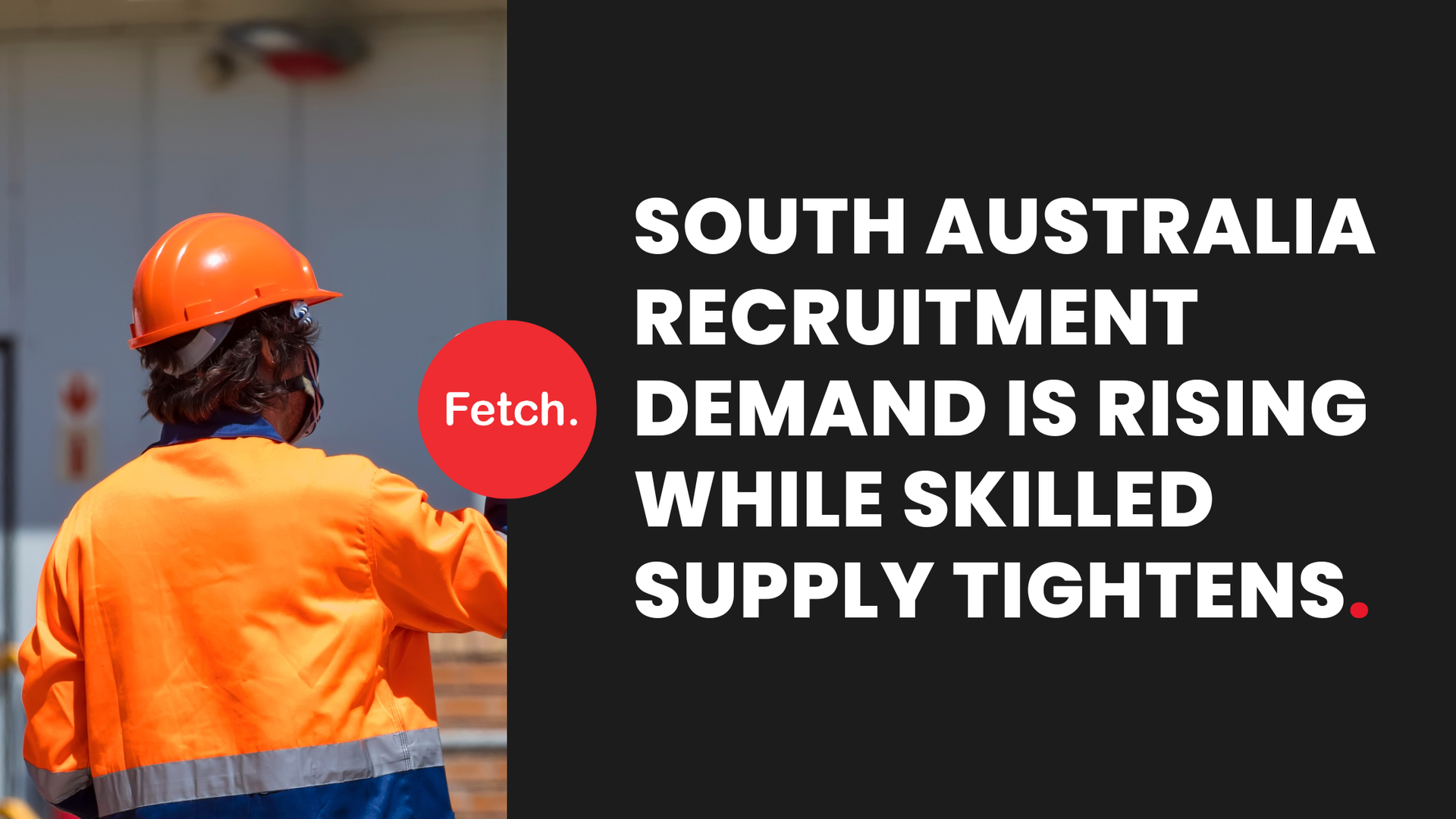
Share This Article
How to Land a Job within the Construction Industry
Finding construction jobs that align with your skill set and fulfill your career aspirations requires careful planning, preparation, and a strategic approach. The construction industry offers a variety of opportunities, from skilled trades to project management positions.
It's crucial to use the right platforms and resources to maximise your chances of finding suitable job opportunities. Platforms like Seek and LinkedIn are reliable resources, as is Indeed and Government Portals like JobSearch and Workforce Australia. Some of these platforms allow you to set up job alerts to receive notifications about relevant positions.
We also want to emphasise the significance of reaching out to recruitment agencies specialising in the construction industry like Fetch. We list a number of sought-after construction jobs in Melbourne and Perth.
Other avenues worthy of your time include,
- Company Websites
- Trade Association
- Industry events, seminars, and trade shows
- Local trade publications
Optimise Your Job Search: Proven Steps for Success
- Self-Assessment: Start by conducting a thorough self-assessment to identify your skills, strengths, and career goals. Determine which areas you're passionate about and where your expertise lies; this will help you narrow down the specific roles you should apply to.
- Research the Industry: Study the industry. Its current trends, in-demand skills, and potential growth areas. Research various construction companies, projects, and market conditions to identify potential employers and opportunities that align with your career aspirations.
- Develop Your Skills: Once you’ve identified your desired role, assess the need to acquire or enhance your skill set. Consider enrolling in relevant courses, certifications, or apprenticeship programmes. Additionally, seek practical experience through internships or volunteering; this will give you credibility and make you more attractive to potential employers.
- Create a Professional Resume: Tailor your resume to highlight your skills, qualifications, and experience. Focus on relevant achievements and projects that demonstrate your expertise. Include any certifications or training programmes you’ve completed. Use action verbs and quantify your accomplishments. Make your resume stand out.
- Prepare for Interviews: Once you secure an interview, thoroughly research the company and the role you’re applying for. Prepare answers to common interview questions and practice articulating your skills and experiences. Showcase your passion for the construction industry and demonstrate how your skill set aligns with the job's requirements.
- The Agency Influence: Partnering with a reputable recruitment agency can be a strategic and efficient approach to finding construction jobs and securing the ideal role. Using an agency specialising in construction can offer several additional benefits. These agencies specialise in connecting job seekers with employers in the industry, making them valuable partners in your job search.
Benefits of Working with a Recruitment Agency
- Industry Expertise: Recruitment agencies specialising in the construction industry possess in-depth sector knowledge. They understand the specific skills, qualifications, and experience required for various roles. This expertise allows them to match your experience and aspirations with suitable job opportunities. They can guide you on the most in-demand skills, industry trends, and potential career paths within construction.
- Expanded Network: Recruitment agencies have extensive networks and long-standing relationships with construction companies, contractors, and industry professionals. They can leverage these connections to promote your profile and recommend you for relevant positions. These relationships can open doors to opportunities you may not have been aware of otherwise.
- Time and Effort Savings: Searching for a construction job can be time-consuming and overwhelming. Recruitment agencies streamline the process by doing the legwork for you. They take care of the initial screening, aligning your skills and qualifications with fitting job openings. This streamlines the process of searching, applying, and following up on job applications. Recruitment agencies also assist in scheduling interviews, providing feedback and coordinating the hiring process, making the job search more efficient.
- Resume and Interview Assistance: Recruitment agencies can provide guidance and support in preparing your CV and interview skills. They have expertise in crafting resumes that highlight your construction-related skills and experience. They can also provide interview tips, conduct mock interviews, and offer feedback to help you improve your performance and increase your chance of success.
- Negotiation and Job Offer Support: When you receive a job offer, a recruitment agency can act as an intermediary in negotiations and represent your interests. They have knowledge of industry standards, salary ranges, and benefits, which can be beneficial during the negotiation process. Additionally, they can provide guidance on employment contracts and assist with the paperwork involved in accepting the job offer.
- Continuous Support: Recruitment agencies can offer ongoing support and guidance throughout your construction career. They can provide advice on career development, upskilling opportunities, and progression paths within the industry. After securing a job, they can be a valuable resource for future career advancement or job transitions.
- Confidential Support: If you’re currently employed and seeking a new construction job, a recruitment agency can represent you anonymously; this will prevent your current employer from discovering your job search activities until you’re ready to announce your move.
Get in Touch
At Fetch, we’re passionate about supporting construction professionals to progress careers. Whether you’re new to the sector and unsure of how to find jobs in construction that will give you the best start or a seasoned professional looking to take your career to the next level, we’ve got the answers and the insights you need.
If you need support refining your job search for Melbourne and Perth construction jobs, contact our experienced team today for permanent, contract, or temporary opportunities.


